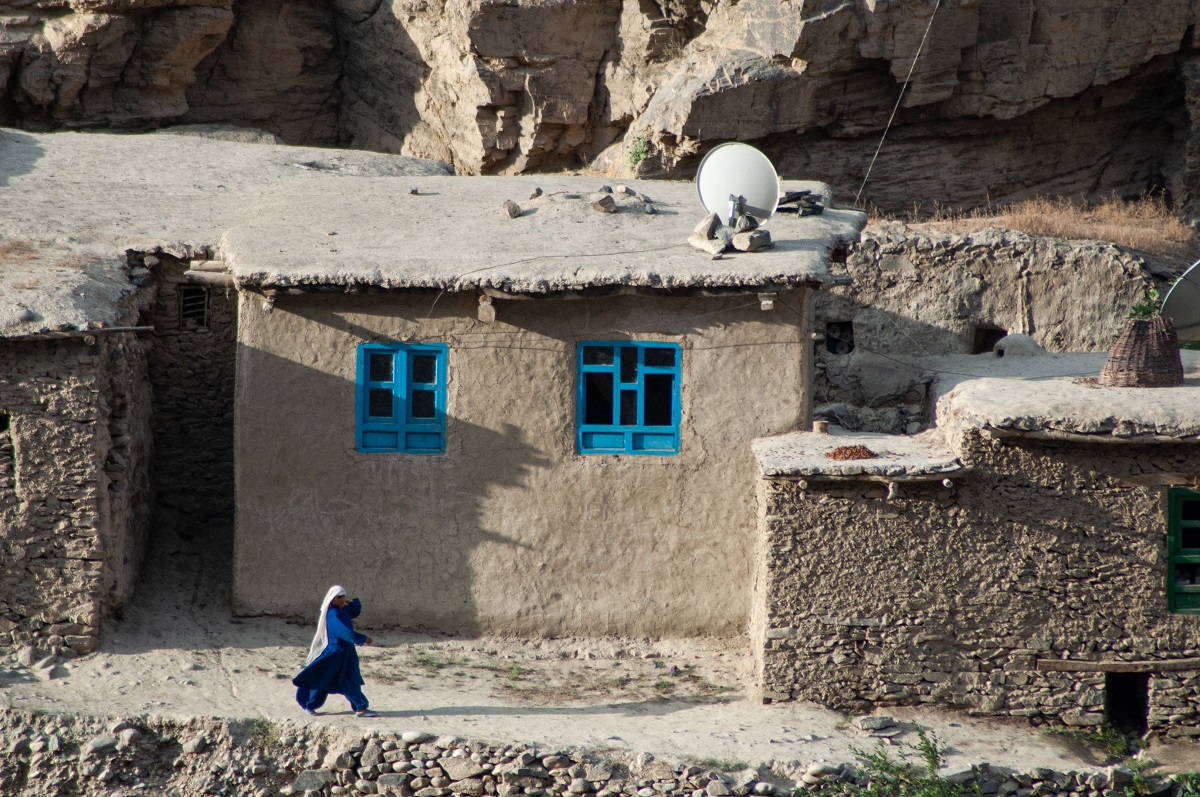UN to stay in Afghanistan, but how it will cope with humanitarian crisis is unclear
A two-day meeting ended in Doha without Taliban representatives. Unlike Western countries, Afghanistan’s neighbours are more interested in business deals and security. According to UNICEF, at least 167 children die every day from preventable diseases. The impasse allows the Taliban to continue to impose bans against women.
Doha (AsiaNews/Agencies) – UN Secretary General Antonio Guterres announced that the United Nations will maintain its mission in Afghanistan to provide humanitarian aid despite the Taliban’s ban on female staff, warning, however, that it is running out of funds.
Mr Guterres spoke yesterday after a two-day meeting in Doha, the capital of Qatar, which was attended by representatives of more than 20 countries but not Afghanistan’s Taliban authorities.
Meanwhile, Taliban Foreign Minister, Amir Khan Muttaqi, will be allowed to travel to Pakistan on Friday (till Tuesday) for meetings with his Pakistani and Chinese counterparts. Last month, the UN Security Council allowed him to travel to Uzbekistan to discuss regional security with the foreign ministers of neighbouring countries.
What Muttaqi will discuss with the other ministers has not been disclosed, but both Pakistan and China want to see Afghanistan involved in the multibillion-dollar China-Pakistan Economic Corridor (CPEC) infrastructure project, which is part of China’s Belt and Road Initiative.
Pakistan’s Minister of State for Foreign Affairs Hina Rabbani Khar yesterday noted that threatening or further isolating the Taliban is not a pragmatic way to ease Afghanistan's humanitarian crises or reduce restrictions on women and girls:
"What's the alternative? That's my question to those who claim that (disengagement) is even possible,” she told Reuters in an interview.
This suggests that, unlike the West, Afghanistan's neighbours are more interested in trade, Afghanistan’s resources, and counterterrorism than its humanitarian crisis and economic collapse.
According to a US general, the Islamic State in Khorasan (IS-K) is getting closer to being able to carry out attacks internationally.
The two-day meeting in Doha failed to find a solution to the political impasse created by the US withdrawal and the Taliban’s return to power in August 2021.
Since then, the international community has faced a dilemma: either recognise and cooperate with the Taliban or leave the country and let the de facto authorities deal with the humanitarian crisis.
According to UNICEF, 167 children die every day in Afghanistan from preventable diseases, which could be treatable if adequate medicines were available.
Until 2021, about 80 per cent of the country’s public health budget (and Afghanistan's government budget) was funded by the international community. Now only a trickle is coming in.
Likewise, the UN mission in Afghanistan has received only 5 per cent of what it needs so far. With the ban on women working for NGOs, humanitarian assistance, especially for children and women, has further deteriorated.
Since 2021, the economy has contracted, becoming one of the countries with the lowest per capita income in the world. About 85 per cent of the population is below the poverty line, a record 34 million out of a population of 40 million in 2022.
Some argue that a third way should be pursued, namely maintain a presence while targeting individual Taliban leaders with sanctions, like a travel ban or repatriating the daughters of Taliban leaders allowed to study abroad.
Even the anti-Taliban resistance, led by Ahmad Massoud, which met in Vienna last week, urged the international community not to leave the country and abandon its population.
“We were left behind and betrayed. The people of Afghanistan did not fail democracy – they voted and stood for values, for women, raised their voices, and had achievements in the past 20 years,” he said.
What is certain is that a divided international community is enabling the Taliban to restrict the place of women and girls in society.
As an example of that, Afghanistan’s Minister of Public Health today announced that only male students will be able to take an exam allowing them to pursue their studies at the specialisation stage, excluding women once more.
11/01/2023 17:15







.png)










